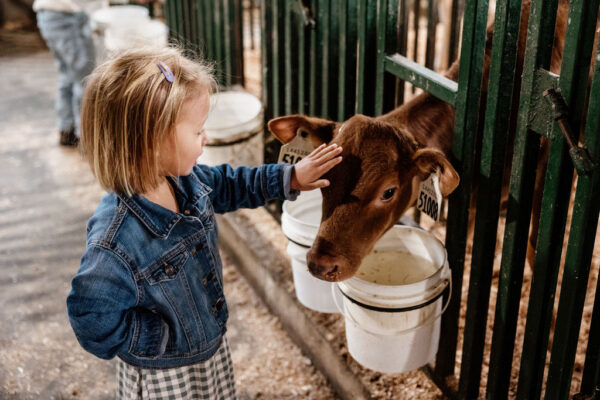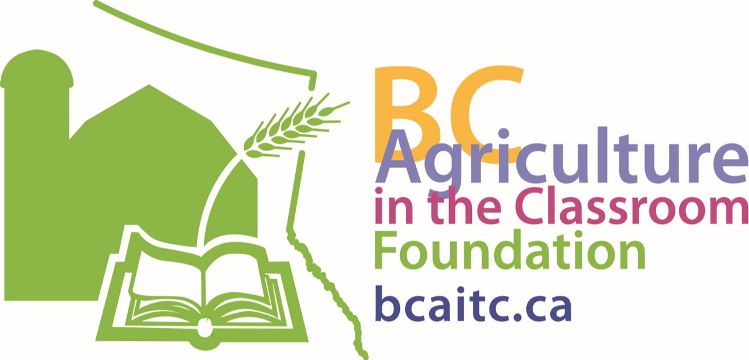Canadian research shows that school food programs have multiple positive impacts including better health, reduced risk of chronic diseases, improved cognitive function, enhanced mental health, and increased attendance [1]. In 2023-2024 the BC government announced its Feeding Futures program which invests in building and expanding local school food programs [2].
BC dairy farmers are dedicated to supporting the health, well-being, and education of BC’s students. Our registered dietitians are here to support you and answer your school food questions.
“I am thrilled to see this funding go to schools across the province, where it will be used to help students get more nutritious food grown right here in our province. Together with our farmers and food businesses, we are helping to feed the minds of the next generation of British Columbians.”
– PAM ALEXIS, MINISTER OF AGRICULTURE AND FOOD [2]
For children and youth, especially those in their peak bone-building years, milk offers important nutrients for growth and development, such as protein, calcium, and vitamin D.

School food programs not only enhance access to nutritious meals within educational institutions but also foster a valuable connection between students and their local food systems.
Guided by the principles outlined in the “BC School Food Toolkit,” including local British Columbia food in school food programs builds student knowledge of community-based food systems and creates connections with farmers [3].
The significance of locally produced food resonates deeply with British Columbians, and when it comes to local production, milk stands out. While most of BC’s dairy farms are nestled in the Fraser Valley, they extend their presence across seven of BC’s agricultural regions, emphasizing the widespread availability and local impact of milk and dairy products to our local communities, and the province of BC.

Students can benefit from opportunities to enhance their comfort and skills with food in a school environment that offers valuable learning experiences. Beyond nourishment, food serves as an impactful teaching tool and cross-curricular connections.
The “School Meal and School Nutrition Program Handbook” suggests providing students with opportunities for food and nutrition education alongside in-school feeding programs [3].
In collaboration with BC’s dairy farmers, our team of registered dietitians has been developing complimentary nutrition education resources since the 1970s. Our primary focus is on food education, dedicated to cultivating positive experiences with food for young learners. Through this, we aim to not only nourish but also empower students to build a healthy relationship with food.

 On behalf of BC’s dairy farmers, BC Dairy has partnered with BC Agriculture in the Classroom to support the BC School Fruit and Vegetable Nutritional and +Milk program and Take a Bite of BC. With these partnerships, our organizations continue to work towards a shared goal of building positive experiences with food while supporting and showcasing local agriculture.
On behalf of BC’s dairy farmers, BC Dairy has partnered with BC Agriculture in the Classroom to support the BC School Fruit and Vegetable Nutritional and +Milk program and Take a Bite of BC. With these partnerships, our organizations continue to work towards a shared goal of building positive experiences with food while supporting and showcasing local agriculture.
"*" indicates required fields